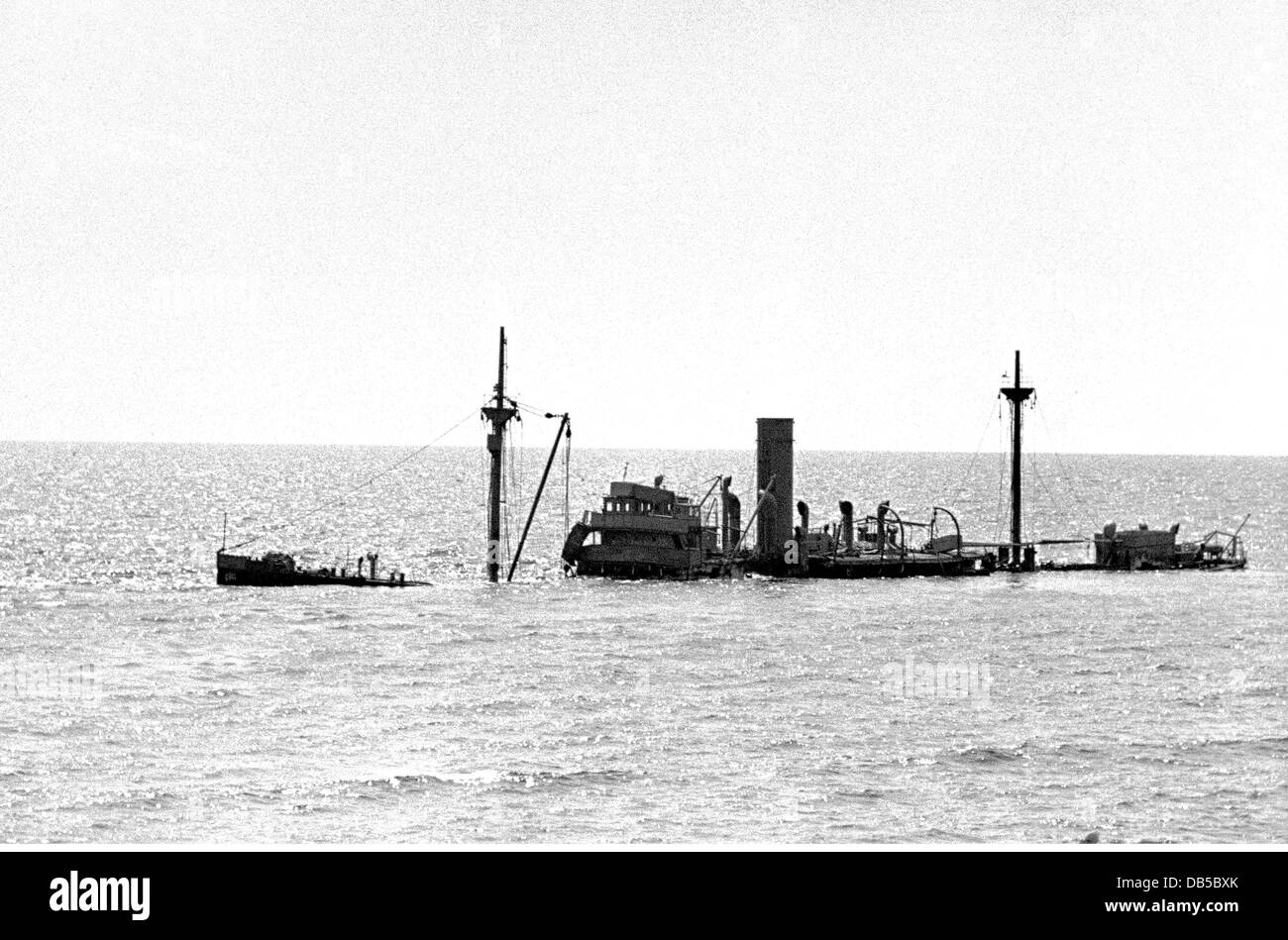

“Two hours later, the carrier HMS Glorious and its two escorting destroyers, Ardent and Acasta, had been sunk.” Beith went on to describe how more than 1,500 lives had been lost, qualifying the incident as one of England’s worst naval disasters of World War II. “On the afternoon of 8 June 1940, two German battle cruisers, Scharnhorst and Gneisenau, sighted a wisp of smoke on the arctic horizon,” Beith began. The existential worries of wartime replaced the incidental concerns of peacetime, busy London dissolved into a frigid Norwegian Sea, and one of the great and inexplicable disasters of Britain’s desperate fight against Germany took center stage. But inside Parliament, as Beith spoke, this routine Thursday in the last year of the 20th century faded away, and a terrible moment from 59 years earlier came into focus. The front page of the Evening Standard announced Ford Motor Company’s purchase of Volvo and displayed the smiling face of Julia Roberts, the actress.

It was a clear, unseasonably warm evening in London, the sidewalks crowded with Tube-bound commuters. In this case, John Spellar, Britain’s undersecretary of state for defense, was on hand. Members of Parliament may set any issue as the topic of such a debate, and an appropriate government official is required to attend, listen, and respond.

on January 28, 1999, Alan Beith, a member of Parliament representing the constituency of Berwick-upon-Tweed in the north of England, rose to address his colleagues to begin what is known as an adjournment debate. Why Is It Still A Mystery? CloseĪt just a few minutes past 6:30 p.m. The Sinking of the HMS Glorious Was One Of England's Worst Naval Disasters.


 0 kommentar(er)
0 kommentar(er)
